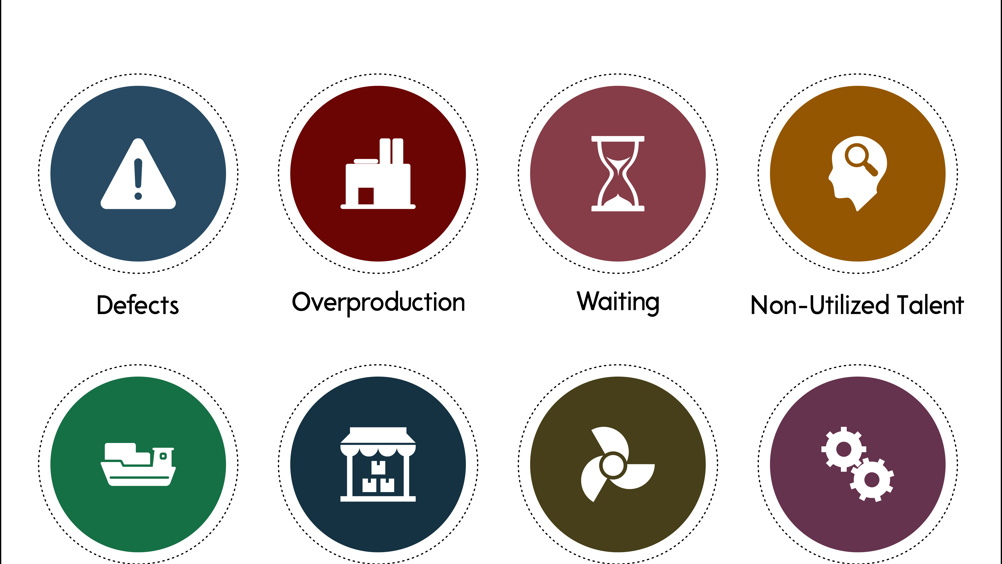References
Remote healthcare

Abstract
Deborah Robertson provides an overview of recently published articles that may be of interest to non-medical prescribers. Should you wish to look at any of the papers in more detail, a full reference is provided
Last month, the research round-up provided you with an overview of articles looking at prescribing in the critical care setting. This month, we will look at articles relating to, or including, remote care and remote prescribing. The first article discusses training needs for staff providing remote services in general practice. The second article will look at implementing remote pharmacist consultations prior to day case arthroplasty with a view to improving patient outcomes. In our third article, we will review trends in out-of-hours antibiotic prescribing, which includes remote practice consultations and prescriptions.
This article, published in the British Journal of General Practice, aimed to identify the training needs, core competencies and learning methods for staff in general practice in the UK who provided care during remote encounters. This mixed-methods study collected data from 12 general practices in the form of longitudinal ethnographic case studies. The researchers conducted a multi-stakeholder workshop, as well as interviewing policymakers, training providers and trainees. In addition, a targeted literature search was carried out of research published and grey literature.
Register now to continue reading
Thank you for visiting Journal of Prescribing Practice and reading some of our peer-reviewed resources for prescribing professionals. To read more, please register today. You’ll enjoy the following great benefits:
What's included
-
Limited access to our clinical or professional articles
-
New content and clinical newsletter updates each month

